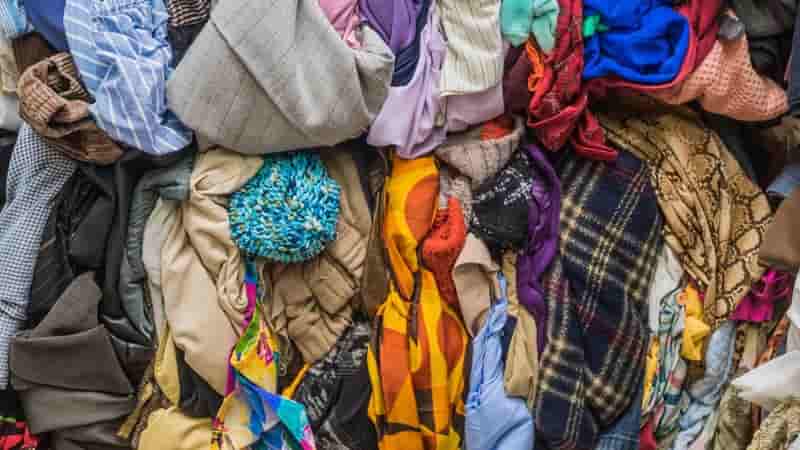Plastic particles – Lululemon, renowned for its extensive use of nylon, notably in its popular Align line, is addressing the environmental impact of textile waste by pioneering the world’s first infinitely recycled nylon 6.6 and polyester 24-02-2024
Plastic particles
Eni trusts Maire: EPC for Hydrogen Plant in Livorn Italy
MAIRE’s subsidiary, KT – Kinetics Technology (Integrated E&C Solutions), has secured a significant Engineering, Procurement, and Construction (EPC) contract from Eni, an Italian energy giant, to construct a hydrogen production unit at Eni’s Livorno refinery. The contract, valued at €123 million, signifies a milestone in Eni’s endeavor to transform its Livorno plant into its third biorefinery, specializing in hydrogenated biofuels.
Scheduled for completion in 2026, KT will oversee the design and construction of the plant, which will utilize both methane gas and biogenic feedstocks to produce hydrogen. This hydrogen will then be utilized in the production of biofuels for mobility purposes at the Livorno site. Plastic particles
The feedstocks will primarily comprise waste materials such as cooking oils, animal fats, and residues from the agribusiness sector. Furthermore, the plant’s design allows for the potential integration of a residual CO2 capture unit in the future.
This initiative aligns with Eni’s broader strategy to transition its Livorno facility into a biorefinery, underscoring its commitment to sustainability and decarbonization. Alessandro Bernini, CEO of MAIRE, expressed pride in this partnership with Eni, highlighting MAIRE’s ongoing dedication to delivering innovative technologies and integrated engineering services aimed at fostering the decarbonization of transportation through the increased production of biofuels. Plastic particles
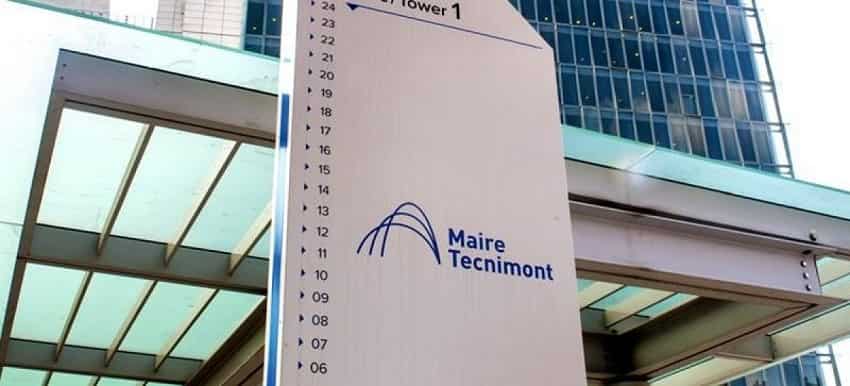
Lummus Technologies partners with Turkish Polypropylene Manufacturer
Bayegan is set to revolutionize its Hatay petrochemical plant by integrating cutting-edge technologies from Texan-based Lummus. This collaboration entails the incorporation of Lummus’ Catofin propane dehydrogenation and Novolen polymerization processes into Bayegan’s operations.
Under the licensing agreement, Lummus will provide Bayegan access to advanced methodologies for converting propane into propylene (PDH) using the Catofin process, followed by polymerization into polypropylene via the Novolen process.
The implementation of these technologies at the Hatay complex in Turkey will include the construction of a 450,000 t/y propylene plant and a corresponding 450,000 t/y polypropylene plant. Plastic particles
This significant production capacity aims to mitigate the nation’s reliance on imported raw materials, particularly as polymer demand continues to escalate.
In addition to technology licensing, Lummus will offer comprehensive support, encompassing basic engineering, consultancy services, and training programs as part of the agreement.
Romain Lemoine, Chief Business Officer Polymers & Petrochemicals at Lummus Technology, underscores the transformative potential of integrating Catofin and Novolen technologies. He highlights the anticipated benefits, including enhanced reliability, reduced capital and operational expenses, superior environmental performance, operational flexibility, increased capacity, and streamlined processes. Plastic particles
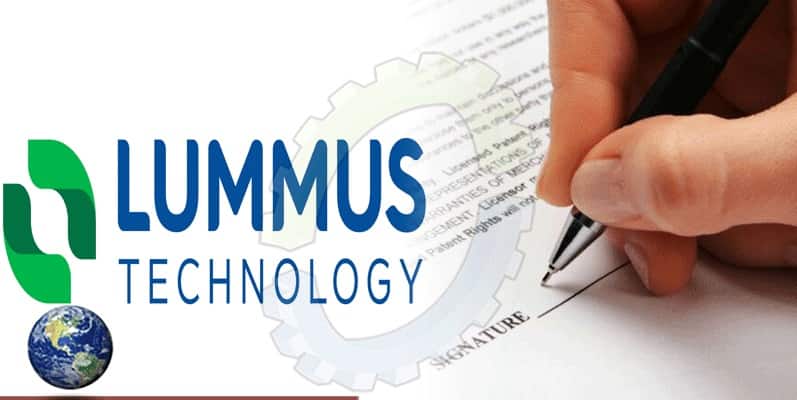
Lululemon, renowned for its extensive use of nylon, notably in its popular Align line, is addressing the environmental impact of textile waste by pioneering the world’s first infinitely recycled nylon 6.6 and polyester
Teaming up with Australian startup Samsara Eco, which specializes in enzyme-based plastic recycling, Lululemon aims to transform end-of-life garments, like its $98 Align leggings, back into high-quality activewear.
This collaboration marks a significant step in Lululemon’s sustainability journey, following its earlier investment in textile-to-textile recycling technology. The partnership has yielded the debut of enzymatically recycled nylon 6.6, a breakthrough hailed by Samsara Eco’s CEO, Paul Riley, as a game-changer for textile waste management.
Using Samsara Eco’s innovative technology, Lululemon has successfully created samples of its Swiftly Tech long-sleeve top, demonstrating the viability of recycled nylon in maintaining the brand’s signature comfort and performance. Plastic particles
This process, which utilizes plastic-eating enzymes, not only reduces emissions but also prevents textiles from ending up in landfills.
The implications extend beyond the realm of apparel, signaling a shift towards circularity and sustainable innovation across industries. With over 90 percent of the nylon in the Swiftly samples sourced from Samsara Eco’s recycling process, Lululemon is advancing towards its goal of exclusively using preferred materials and end-of-use solutions by 2030.
Yogendra Dandapure, Lululemon’s VP of raw materials innovation, emphasizes the broader impact of this achievement, highlighting the potential for collaboration and cross-industry partnerships to drive sustainable change. Plastic particles
As Lululemon continues to pioneer sustainable practices, this milestone sets a precedent for a more environmentally conscious future in fashion and beyond.

SABIC has initiated the construction of its massive US$6.4 billion manufacturing complex situated in Fujian, southern China
This endeavor marks the inception of the full execution and construction phase of the SABIC Fujian Petrochemical Complex (also known as the Sino-Saudi Gulei Ethylene Complex Project), a joint venture between SABIC and Fujian Energy and Petrochemical Group Co. Ltd. (Fujian Energy Petrochemical). The groundbreaking ceremony, symbolizing this significant milestone, took place in Fujian Province.
The complex, strategically positioned within the Gulei Petrochemical Industrial Park, will house a mixed-feed steam cracker capable of producing up to 1.8 million tonnes per year of ethylene (C2), alongside various downstream units manufacturing ethylene glycols (EG), polyethylene (PE), polypropylene (PP), polycarbonate (PC), and other products.
According to SABIC, preparations for commissioning and start-up are slated to commence in the latter half of 2026. Plastic particles
CEO Abdulrahman Al-Fageeh expressed enthusiasm for this pivotal venture, emphasizing its role in SABIC’s progression in China and its global chemical leadership aspirations. He underscored SABIC’s dedication to delivering effective solutions, enhancing shareholder value, and contributing to industry advancement, particularly in China, a vital petrochemical market.
The ceremony also saw the signing of Engineering, Procurement, and Construction (EPC) contracts, as well as a Project Financing Loan Agreement, further solidifying the commitment to the SABIC Fujian Petrochemical Complex project. Plastic particles

Renewcell’s CIRCULOSE® Supplier Network Increases To 151 Partners With A Focus On Regional Hubs
Renewcell, the Swedish textile-to-textile recycler, welcomes 35 new members to the CIRCULOSE® Supplier Network (CSN), now totaling 151 spinners, weavers, textile mills, garment manufacturers, and more. The newest cohort consists of suppliers with vertical operations (10), yarn spinners (16), garment manufacturers (4) as well as denim and home textile mills. First launched in July 2023 with 47 textile producers, the expansion to 151 in under one year underlines the spirit of collaboration and the desire to close the loop on clothing production. Plastic particles
Srimal Wickremasinghe, Managing Director, Brushes & Needles comments, “Brushes & Needles from Sri Lanka and TexComs from Indonesia have been diligently working on developing an innovative and sustainable textile solution cooperating with CIRCULOSE® technology that we believe will revolutionize the industry. In today’s rapidly changing world, the demand for eco-friendly and sustainable products is higher than ever before.” Salil Dhillon, Director, TexComs Worldwide continues, “Consumers are increasingly conscious of the environmental impact of their purchases and are seeking out products that align with their values. Recognizing this shift in consumer behavior, we have invested significant time and resources into creating textile products with CIRCULOSE® that not only meet the highest standards of quality and performance but also prioritize sustainability throughout their entire lifecycle.” Plastic particles
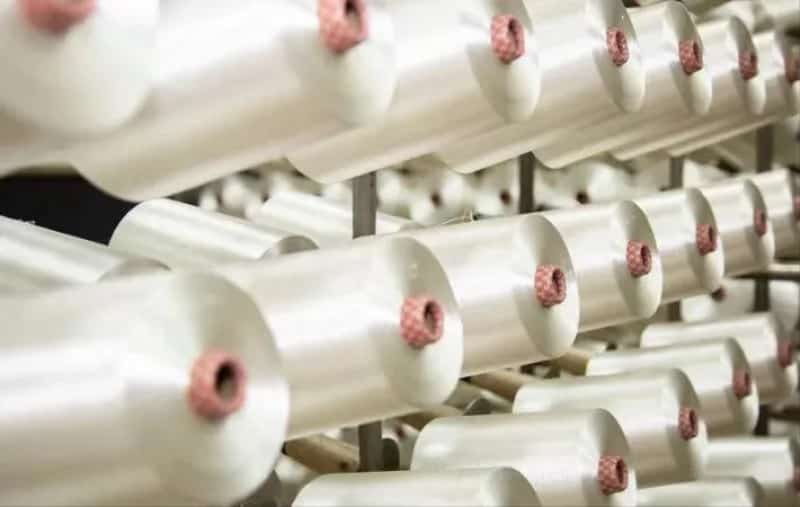
Buried microplastics complicate efforts to define the Anthropocene
Plastic particles in sediments could help to pin down the start of a new geological epoch. But their ability to migrate to older layers is muddying the waters.
The presence of microplastics in layers of material that settle at the bottom of lakes might be an unreliable way to determine the onset of the Anthropocene — the geological age marking the consequences of human activity on the environment. That is the conclusion of researchers who have shown that tiny plastic particles can infiltrate deep into old sediments. Plastic particles
The date when the Anthropocene began is still being debated. But the presence of microplastics is one of the measures that geologists look at when analysing material from lakes and seas to see whether human activity has made an impact. And microplastic content has also been suggested as a way to date geological sediments.
In a study published today in Science Advances1, researchers looked for plastics in sediment from three lakes in Latvia: Seksu, Pinku and Usmas.
They found 14 types of plastic in sediment samples. In all three of the lakes, the most recent, uppermost sediment layers contained the most plastic particles. But the team also found that smaller, narrower particles had travelled down into much older sediments that formed long before plastic production began in the 1950s. Plastic particles
For example, particles of the biodegradable plastics polylactic acid (PLA) and polyhydroxybutyrate (PHB) were found in sediment that is more than 200 years old. The researchers used established techniques to date sediment samples, measuring the amounts of lead isotopes and spheroidal carbon-containing particles that the samples contained.
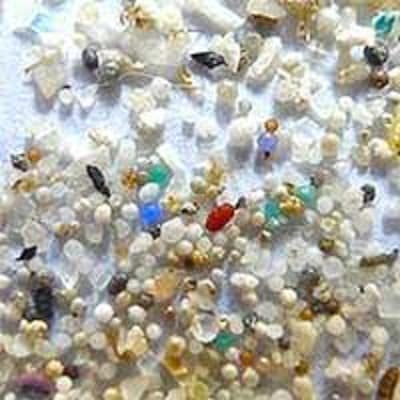
Marine Layer and Trashie partner on clothing recycling program
Marine Layer, the San Francisco-based apparel brand, and Trashie, the recycling and rewards platform, have partnered to bring an expanded clothing recycling service. The partnership unites Marine Layer’s Re-Spun program, which launched in 2018 to give t-shirts a second life, with Trashie’s Take Back Bag program, which enables an easy way to recycle unwanted clothing, accessories, and linens from any brand in almost any condition.
People can purchase a Re-Spun Take Back Bag for $20 from Marine Layer’s website, fill it with unwanted items, and then mail the bag back to Trashie using a pre-paid shipping label. Plastic particles
In exchange, customers receive $40 in credit to spend with Marine Layer.
Marine Layer’s Re-Spun program was initially centred around recycling old t-shirts for store credit and has successfully diverted over 500,000 t-shirts from landfills and provided $2 million in credits to date. Leveraging Trashie’s recycling platform, Marine Layer will be able to increase recycling rates by an estimated five times while tracking detailed impact metrics.
Trashie’s recycling platform sorts and grades all collected materials onshore into 253 grades. As a result, 90 percent of collected items are diverted from landfills and are designated for reuse, downcycling, and fibre recycling. Plastic particles
By aggregating collections across Trashie’s partner and DTC programs, Trashie recycles more effectively than when small quantities of individual items or materials are collected in a silo. Trashie’s impact dashboard will help Marine Layer track recycling volumes in real-time and will generate metrics on landfill diversion, water savings, and CO2 emission reductions.
Plastic particles

